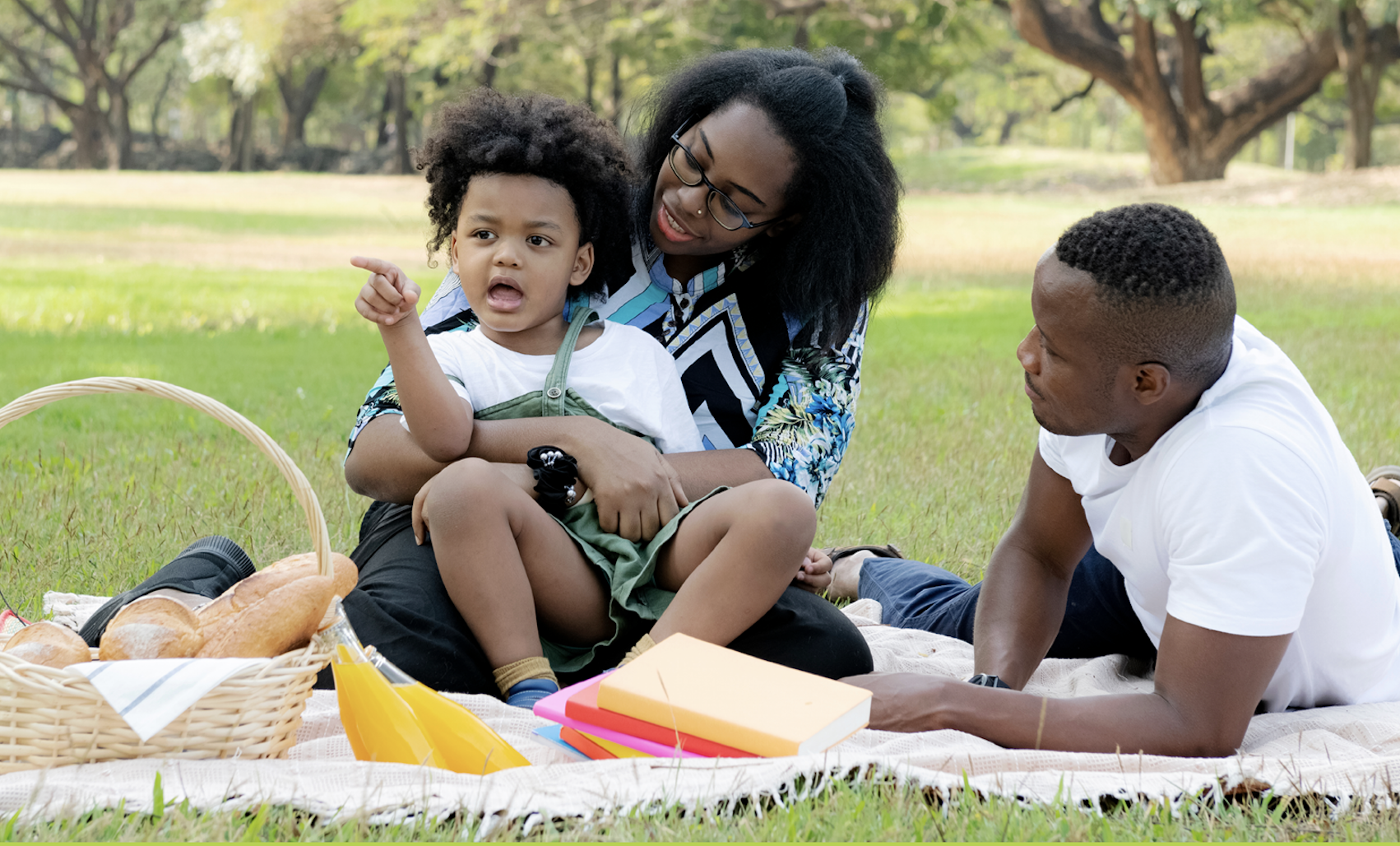February 25, 2026
Scheduling Summer Activities for Kids with Autism
Summertime offers opportunities and challenges for all parents. For parents of children with special needs, both may seem magnified. Here are some helpful tips to consider when planning your child’s summer break:
PLAN AND DISCUSS AHEAD OF TIME
As summer begins, discuss with your child any changes and plans that might occur. Give your child multiple opportunities to ask questions and to process what their summer might be like. Find out if there are activities that he or she might like to explore. Offer examples and be prepared to discuss details of what might be expected.
CONSIDER A DAILY SCHEDULE
Schedules are often difficult to create and maintain, but having one in place can be a huge stress reducer. During the school year your child may be used to a morning routine, a predictable school schedule and consistent after school activities. The summer can undo much of that, so having a schedule in place can give some comfort and predictability. It can also allow you to program important goals, such as practicing social skills, keeping up with academics, and reducing video game and TV time. Ideally, an outside activity such as sports would be on the schedule each day. Even if a child doesn’t participate on a team, a sports or exercise activity that can be performed in the yard, at a gym, or on a play date has obvious health benefits, and increased physical activity helps reduce repetitive behaviors and improve sleep.
KEEP UP THE HOMEWORK ROUTINE
It’s okay to have less of it, but keeping a homework routine in place can be valuable, since you’ve worked hard to develop and maintain this routine throughout the school year. A more casual approach over the summer can result in setbacks when school begins again. Plus, it’s a positive and productive routine in which you can insert more social skills related content. Consider buying a workbook on social and emotional skills that can be a focus of the summer homework routine.
WORK ON SOCIAL SKILLS
This is the biggest opportunity provided by the summer break. Working on social skills goals can take many forms—as a homework assignment, as mentioned above, or expanding involvement in the community, sports, and play dates. Some parents forget that activities like swim lessons, barbecues, and vacation trips can all be valuable new settings to prompt the use of social skills. A summer job, in any form, often provides social opportunities.
TURN OFF THE VIDEO GAMES AND TELEVISION
Many of us struggle with this, since video games and television provide a much-needed break for parents, providing easy and low-cost entertainment. While it’s easier said than done, limiting these activities is critical for social development and critical thinking. We all know that sitting in front of any machine for long periods is counterproductive, so, enough said!
REMEMBER THAT IT’S YOUR SUMMER TOO
Without the routine of the school year, summer can feel like an extra burden to parents as they try to keep their children occupied and happy. Remember that summer is for everyone, so try to include activities that are interesting to you, too, and can hopefully be enjoyed by the whole family. The beach, an outdoor festival or concert, a hike or sculpture garden— whatever you plan, it’s okay to create a few summer memories of your own.
Watch our Parent Video: Summer Activities for Kids with Autism in Your Community
Here are some additional resources to help make your season great for the whole family:
- Autism Speaks:
- National Autism Society: Big Red Safety Toolkit – to prevent wandering
- Pathfinders for Autism: Parent Tips: Summer Camp








